Trigger warning: This article contains themes of emotional abuse and parental neglect that some readers may find distressing.
Oprah Winfrey, an entrepreneur and the host of her iconic eponymous talk show, was born to unmarried teen parents, according to her profile on the Academy of Achievement. Experiencing severe emotional neglect and absenteeism from her parents, she ended up getting molested repeatedly by male relatives throughout her childhood. She eventually overcame her trauma and adversity, but not everyone can achieve this peace. The result is a fragmented life. While a person of any generation can suffer from emotional neglect, Generation X is most susceptible to topping the list. A Texas-based counselor, Janet Martinez (@cursingcounselor), took to TikTok to describe how most Gen Xers had neglected childhoods and how it impacted their relations with their boomer parents.
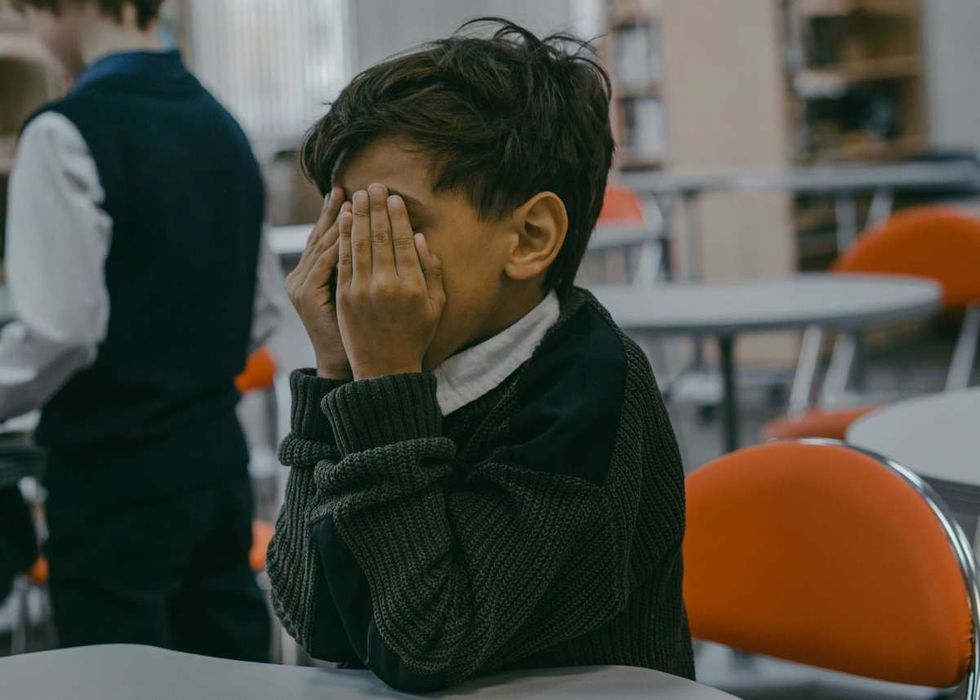
According to ScienceDirect, “emotional neglect” involves inattentiveness to a child's emotional needs. When children are emotionally invalidated or neglected during their childhood, they usually end up growing up with a chip on their shoulder, and this emotional residue haunts their lives like a “monster.” The long-term consequences of this can be highly painful and can seep into every aspect of their lives, including romantic relationships, finances, self-esteem, and likewise. Emotions like fear of abandonment and insecurity change their adulthood and seriously affect their overall mental health. Sadly, these consequences prevail in most Gen Xers.
“I am Generation X,” Janet said in the video, “In my generation, we were basically feral. We were allowed to, we sort of raised ourselves.” Generation X includes people born between the years of 1965 and 1980. Gen Xers are usually sandwiched between the Baby Boomers ahead and the Millennials behind. Janet continued explaining her point by saying how the parents of Gen X had busy schedules and most of the time they were on their own. “Our parents were very busy doing their own things, lots of working parents, so we were latchkey kids, and we were on our own a lot. And while that in and of itself was problematic, sometimes unavoidable, it was more of the emotional neglect.”
She went on to list some of the things that Gen Xers were left to do on their own without any adult supervision. “We came home from school, made our own lunches, we made our own dinners a lot of times, nobody really checked out homework or helped us with school or anything like that, because again, they were really busy. It was the emotional stuff like that. We didn’t have a lot of people to talk to. Our emotions were not seen as important.”
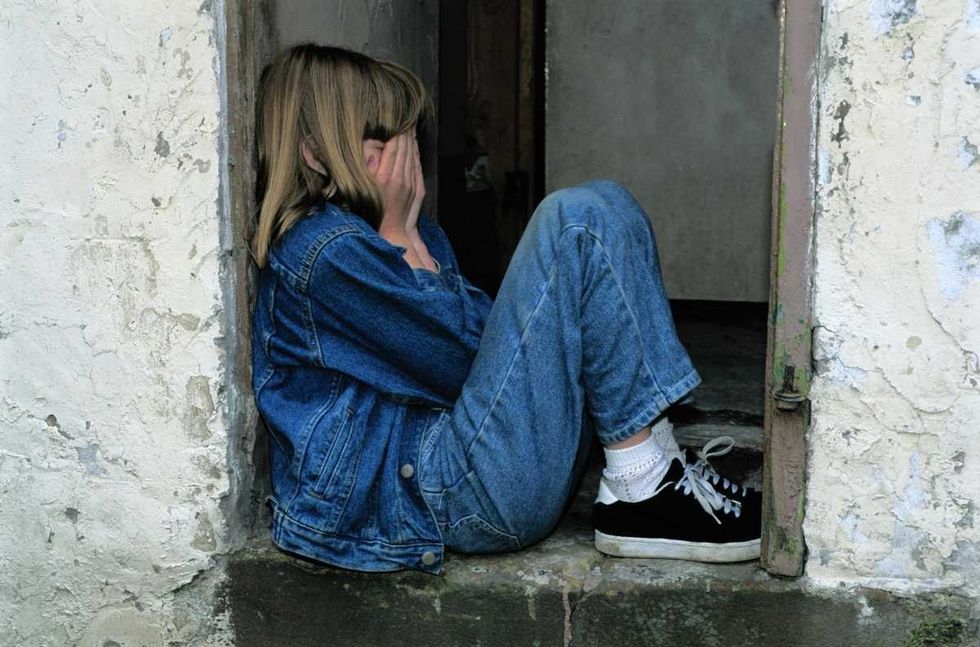
Janet further shared that now that Gen Xers have grown up and their responsibilities towards their parents have flipped, lots of buried emotions rise to the surface. “So, now this is what’s coming up in counseling. Now our parents are older, and they need us. And many of us are struggling because we were not taken care of, but now we are expected to take care of, and that’s creating a lot of issues.”
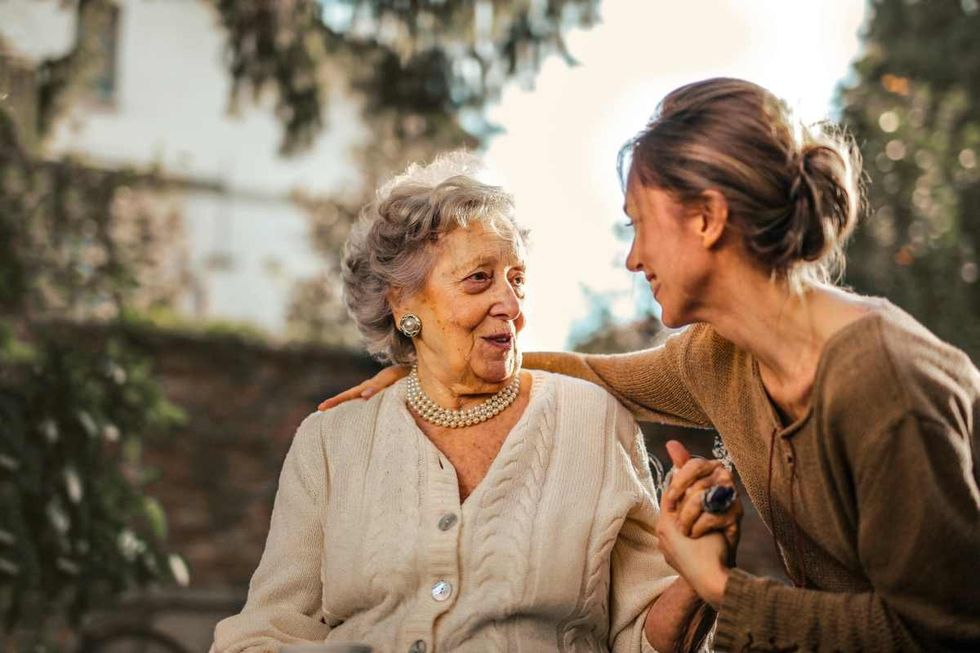
Janet’s TikTok video has nearly 800,000 views and over 14,000 responses. The comment section was flooded with people who expressed the overwhelming emotions they felt towards their emotionally neglectful parents, including rage, guilt, insecurity, fear of abandonment, resentment, and more.

@hwmc13, a Gen X therapist, commented, “I am seeing this too! In my own experience and with clients. Parents still want us to make up the emotional difference.” @tpoly723 said with a certain bitterness, “It seems like we should take care of them the way they did for us. Basic food and shelter.” @annafromontana, who thankfully had attention from caring parents, said, “Most of my friends are feeling this issue, I can’t imagine the pain.”

@amyj4250 shared an insight, “I feel this so much. But we have to remember that we weren’t the only generation not taken care of emotionally.” Trauma specialist Elizabeth Marston offers many ways to deal with childhood emotional neglect. One powerful way, she says, is “to write a letter to your childhood self. In this letter, you can offer yourself the love, validation, and support you may have missed out on as a child. Acknowledge the pain and hurt you feel. This letter can be a cathartic and healing experience, allowing you to process your emotions and release lingering shame or self-blame.”
@cursingcounselor #mentalhealth #genx #mentalhealthtok #therapy #trends #mentalhealthmatters
You can follow Janet Martinez on TikTok and Instagram for more videos on parent-child relationships.


















 2014 Toyota Corolla LED Headlight
2014 Toyota Corolla LED Headlight
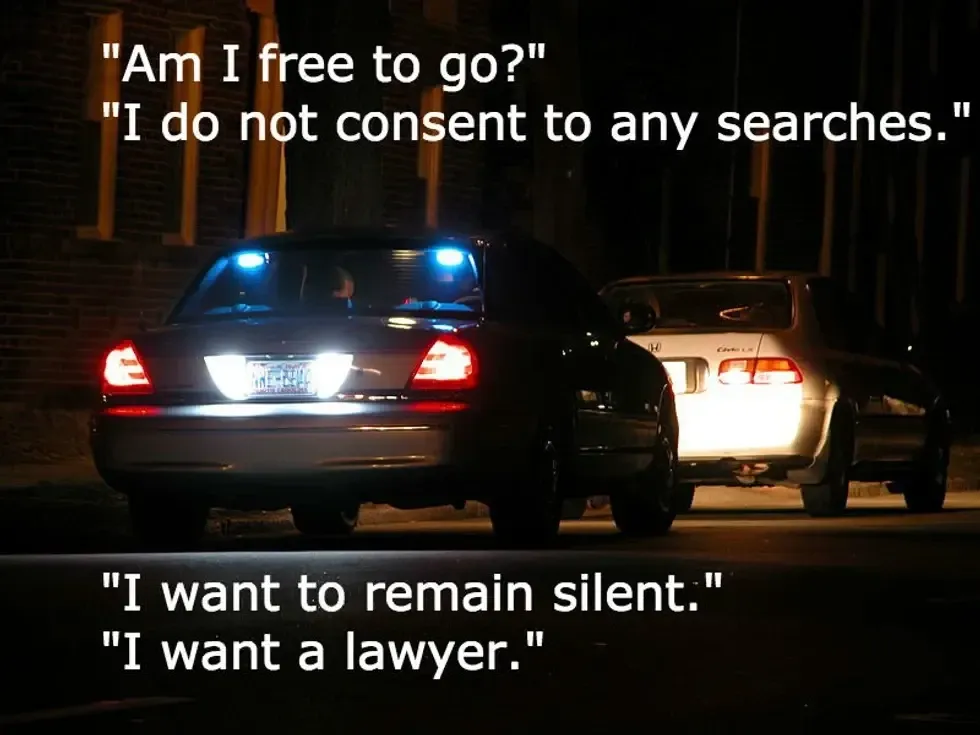 Image by Ildar Sajdejev via GNU Free License | Know your rights.
Image by Ildar Sajdejev via GNU Free License | Know your rights.
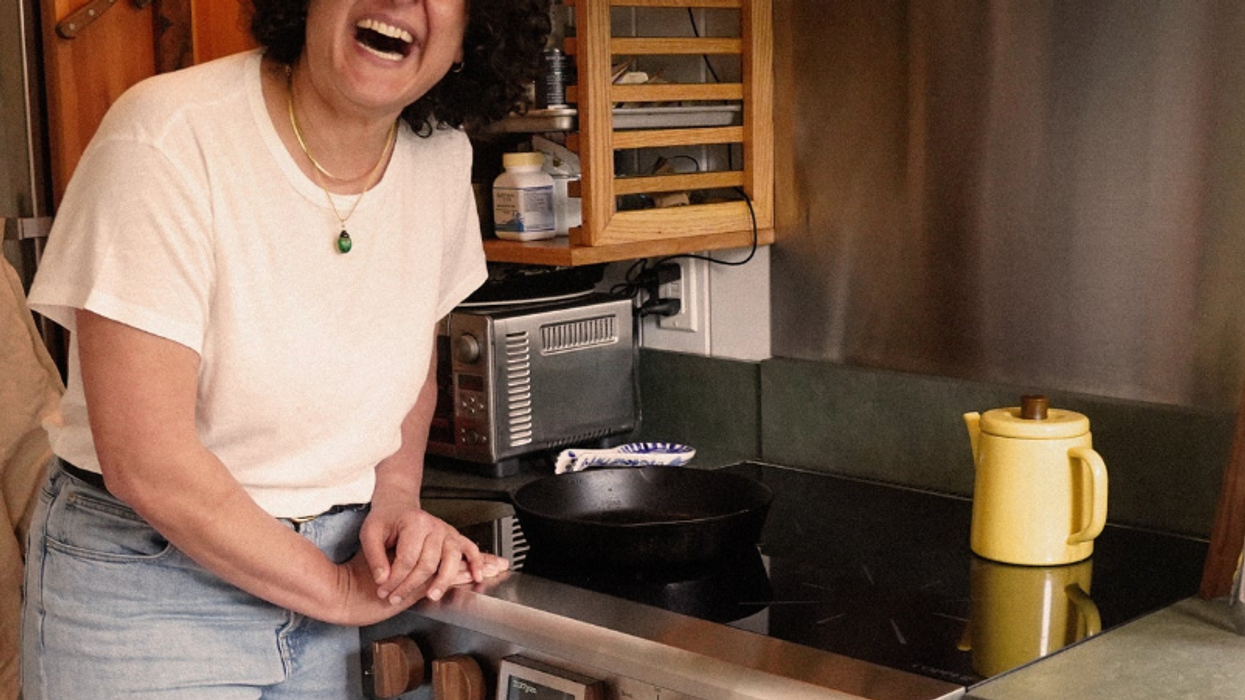

 Bill Gates Swag GIF
Bill Gates Swag GIF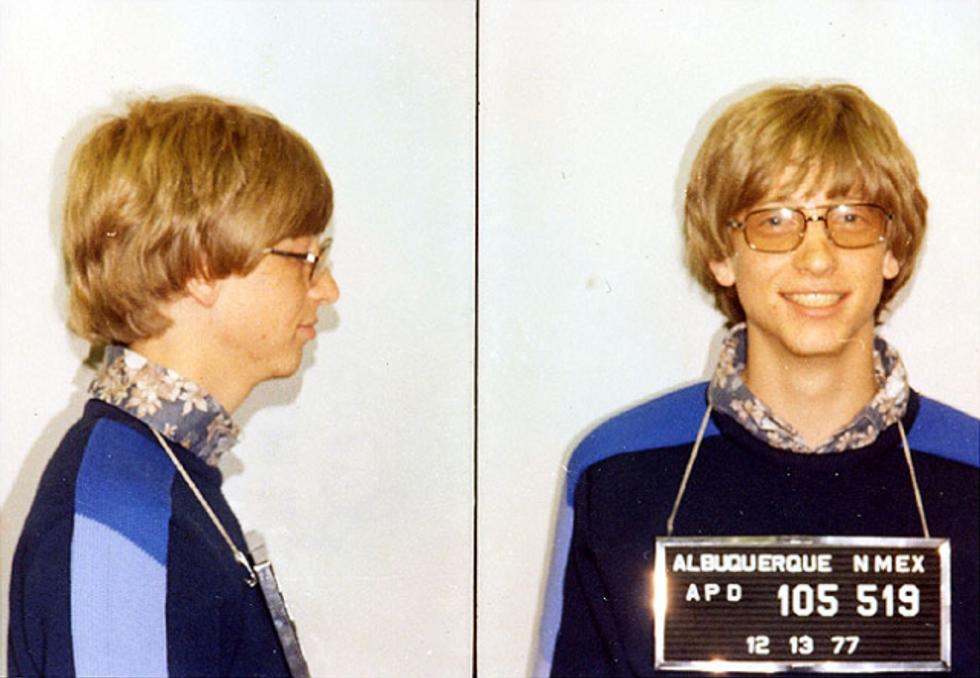 File:Bill Gates mugshot.png - Wikipedia
File:Bill Gates mugshot.png - Wikipedia
 Representative Image Source: Pexels| Enzo Varsi
Representative Image Source: Pexels| Enzo Varsi Representative Image Source: Pexels| Markus Spiske
Representative Image Source: Pexels| Markus Spiske Representative Image Source: Pexels| Nguyen Huy
Representative Image Source: Pexels| Nguyen Huy Representative Image Source: Pexels| Ana Benet
Representative Image Source: Pexels| Ana Benet
 Representative Image Source: Pexels | Anastasia Shuraeva
Representative Image Source: Pexels | Anastasia Shuraeva Representative Image Source: Pexels | Liza Summer
Representative Image Source: Pexels | Liza Summer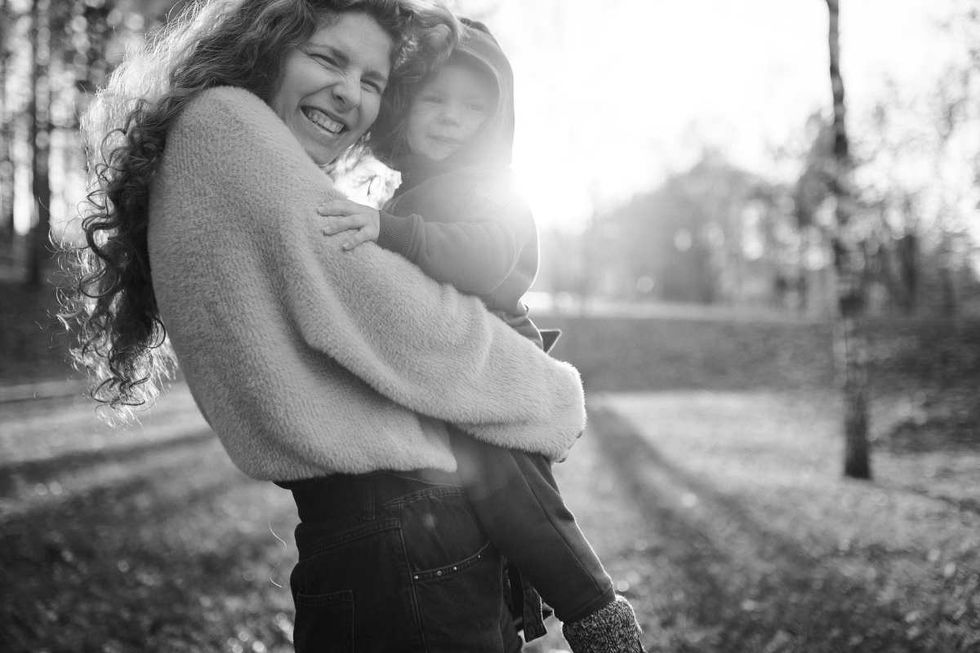 Representative Image Source: Pexels | Yankrukov
Representative Image Source: Pexels | Yankrukov Representative Image Source: Pexels | Shkrabaanthony
Representative Image Source: Pexels | Shkrabaanthony Image Source: TikTok |
Image Source: TikTok |  Image Source: TikTok |
Image Source: TikTok |